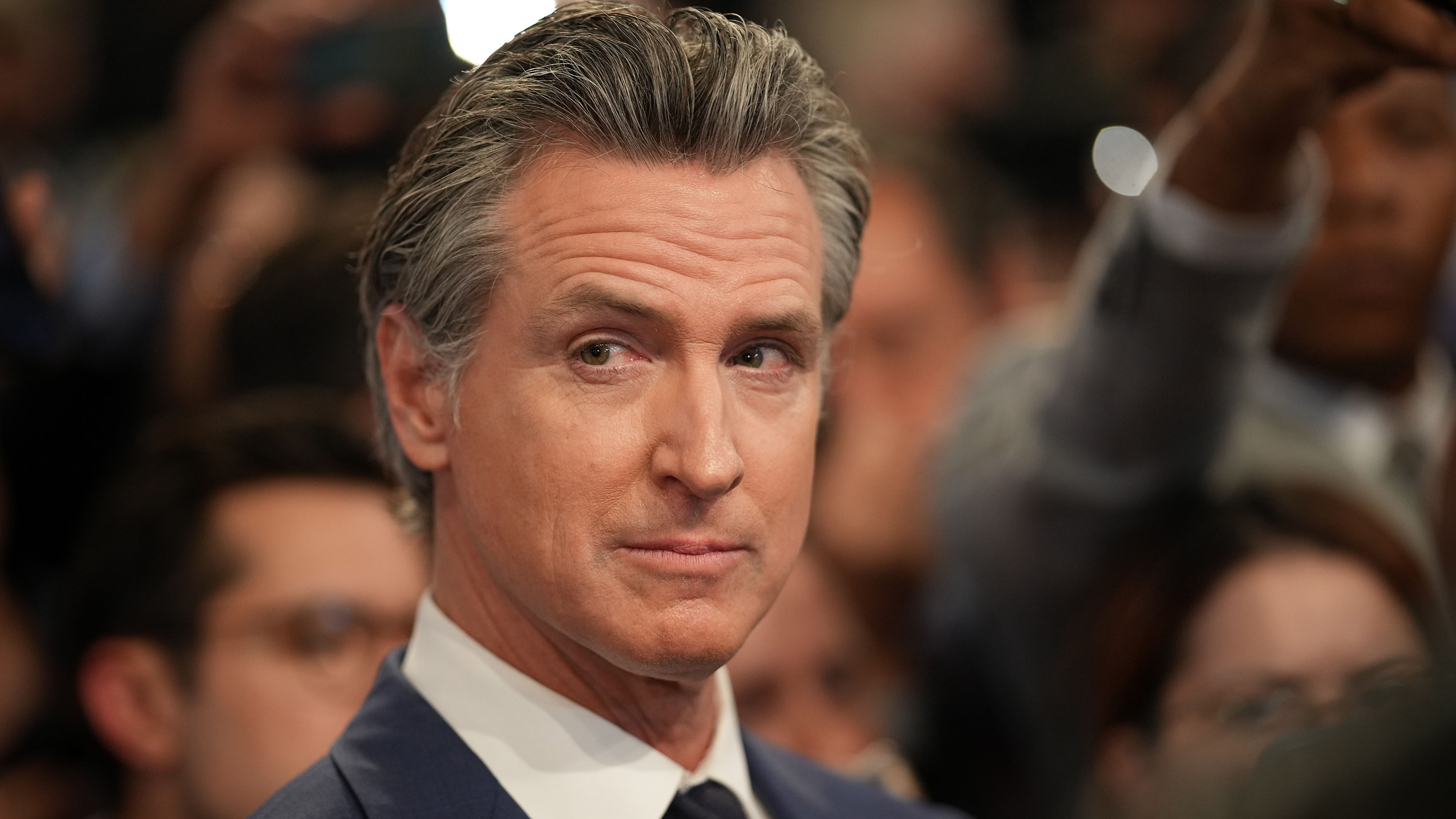
Among various bond measures, pension changes and other funding decisions San Francisco voters will decide on in this election cycle is Proposition G, a measure that would create a permanent source of funding for affordable housing that currently doesn't exist.
Prop G would establish the "Affordable Housing Opportunity Fund for Seniors, Families and Persons with Disabilities." The fund would guarantee money is dedicated to two subsidy programs that are currently mostly funded through state and federal grants.
One subsidy program provides rental assistance to qualifying individuals and families who have "extremely low income" compared to the area median income, or AMI. The AMI in San Francisco in 2024 was $104,900 for an individual, $119,900 for a family of two, and $149,850 for a family of four.
People with extremely low income as defined by the U.S. Department of Housing and Urban Development's scale are those that make 35% or less of the AMI, which is $36,700 for an individual, $41,950 for a family of two, and $52,450 for a family of four in San Francisco.
The other subsidy program provides money directly to landlords and affordable housing developers.
In addition to state and federal grants, the city makes its own allocations during its annual budget process. The affordable housing fund would replace the ad hoc budget funding with a permanent special fund that would have minimum funding requirements.
It could therefore result in less money available in the general fund, but more reliable funding for affordable housing, according to the analysis by City Controller Greg Wagner.
The funding scheme calls for supplementing external funding sources with $8.25 million from the general fund in 2025. That amount would increase by 3% each year through fiscal year 2045-46, when the fund would have to be renewed by voters or expire. In its final year, the city would be obligated to dedicate $14 million to the housing fund, Wagner wrote.
The proposition was placed on the ballot by Mayor London Breed and theBoard of Supervisors, which was unanimous in its support for the measure.
Get a weekly recap of the latest San Francisco Bay Area housing news. >Sign up for NBC Bay Area’s Housing Deconstructed newsletter.
"Proposition G takes an essential step towards fulfilling our city's goal of expanding access to safe and affordable housing for households at all income levels," board president Aaron Peskin wrote in the ballot proponent's argument.
"While San Francisco is making progress toward building new housing and upgrading existing units we also need to ensure that our lowest income seniors, families, and people with disabilities can qualify for them and are not left behind. This is a need that existing federal and state programs have been unable to adequately address," Peskin wrote.
Larry Marso, a former executive of the San Francisco Republican County Central Committee, wrote the public opposition opinion to the measure. He argued that diverting money from the general fund would hamper other city services and reduce funding discretion by elected officials.
"The measure drains critical resources from essential services like public safety, infrastructure, and education," Marson argued. "Committing general funds to dubious subsidies further destabilizes city finances, causing automatic cuts elsewhere."
Prop G needs majority approval for passage.



